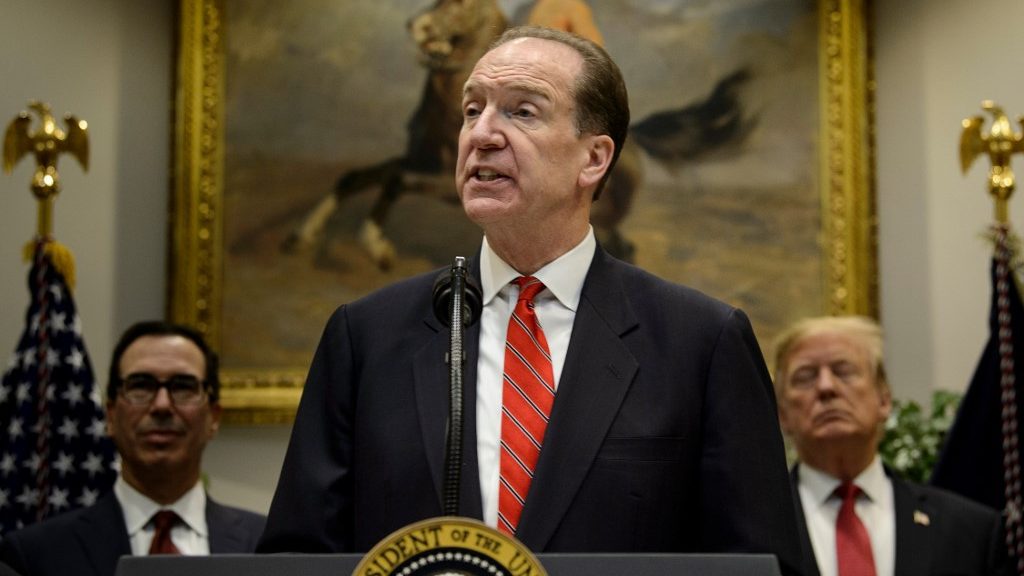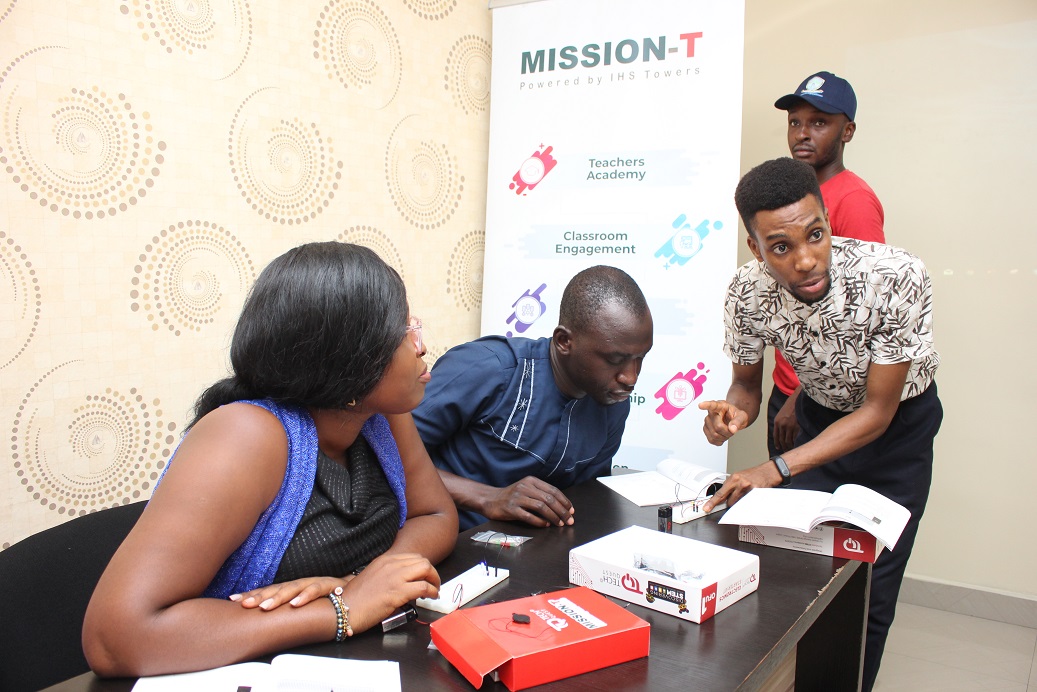Infrastructure is expected to be a key driver of economic recovery post COVID-19
The World Bank Board of Directors approved today a total amount of $425 million in International Development Association (IDA) financing to support the provision of infrastructure finance in Eastern and Southern Africa. The Regional Infrastructure Financing Facility project (RIFF) aims to expand long-term finance to private firms in selected infrastructure in the power sector, as well as in the transport, logistics and social sectors. This is the first regional facility of this kind in Africa.
Eastern and Southern Africa suffers from ailing infrastructure, especially in the power sector. Effective power generation in the region is less than the installed capacity by 20-30 percent due to drought, lack of maintenance, and general system losses of electricity in both transmission and distribution. Such deficits cause about 2 percent loss of GDP growth in most of the countries, impeding a large number of the region’s population from access to energy. Heavy public financing of infrastructure contributes to rising debt vulnerabilities and, before the outbreak of COVID-19, nearly half of the countries in the region were in debt distress.
“The COVID-19 pandemic threatens the development gains made over the past years”, said Ms. Deborah Wetzel, World Bank Director of Regional Integration for Sub-Saharan Africa, the Middle East, and Northern Africa. “The new operation will help address the long-term infrastructure funding gap through a regional approach focused on private financing, with the objective to mobilize about $975 million of private finance in addition to the funds provided by IDA. This requires a broader approach, including an enabling environment for private capital mobilization, sound public debt management, bankable projects, long-term finance, and risk mitigation”.
Through the Trade Development Bank (TDB) –a commercially-driven regional development bank–, the RIFF will provide long-term infrastructure finance that would contribute to job creation and would present cross-border benefits in terms of trade and investment flows or transfers of technology. It will facilitate access to debt financing for SMEs in infrastructure value chains and off-grid, by helping them to keep running and expanding to underserved markets. In the context of the COVID-19, the RIFF’s focus on off-grid solar solutions will contribute to preserve households’ livelihoods by supporting micro-entrepreneurial activities that play a critical role in income generation in poor communities.
The Project harnesses a regional approach to address the financing needs of private sector infrastructure companies, by building capacity in regional institutions, TDB and the Common Market for Eastern and Southern Africa (COMESA), to provide a longer and sustainable source of infrastructure finance and to support the enabling environment for infrastructure finance. Infrastructure is expected to be a key driver of economic recovery post COVID-19.
This is the first time IDA and the Multilateral Investment Guarantee Agency (MIGA) –the political risk insurance and credit enhancement arm of the World Bank Group— are jointly supporting a regional development bank. MIGA is providing TDB a first-of-its-kind credit enhancement of EUR 334.4 million on a ten-year loan from private commercial banks, that will help TDB expand trade finance activities. The two operations are complementary and cover TDB’s two main business lines (infrastructure finance and trade finance).
The World Bank’s International Development Association (IDA), established in 1960, helps the world’s poorest countries by providing grants and low to zero-interest loans for projects and programs that boost economic growth, reduce poverty, and improve poor people’s lives. IDA is one of the largest sources of assistance for the world’s 76 poorest countries, 39 of which are in Africa. Resources from IDA bring positive change to the 1.6 billion people who live in IDA countries. Since 1960, IDA has supported development work in 113 countries. Annual commitments have averaged about $21 billion over the last three years, with about 61 percent going to Africa.










